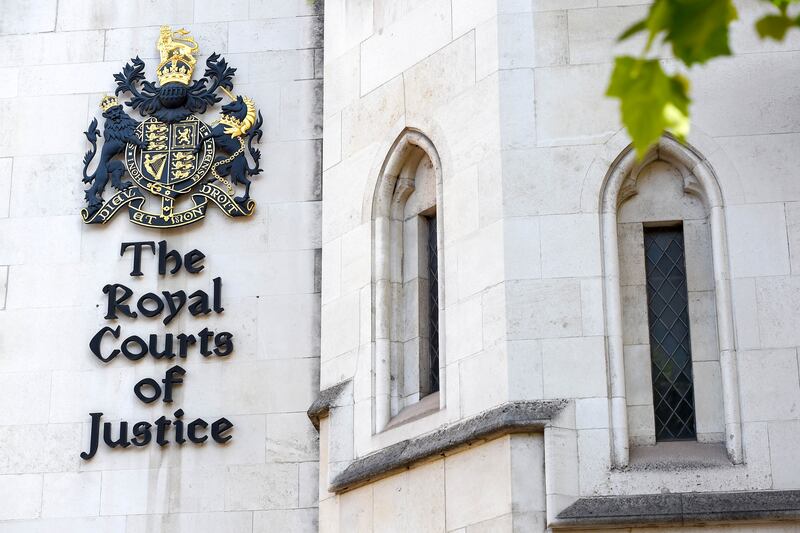Terrorists who plot attacks to kill at least two people may face a minimum prison term of 14 years under new sentencing guidelines for England and Wales.
The Sentencing Council will on Wednesday set out its proposed guidance to judges on how they should apply the new mandatory minimum jail term, which became law this year.
The body aims to provide consistency in sentencing by publishing guidelines for the judiciary and criminal justice professionals. Its guidance does not apply to Scotland and Northern Ireland.
The Counter-Terrorism and Sentencing Act 2021 created a new category of “serious terrorist offences” over concerns that offenders convicted of planning attacks were receiving relatively light sentences.
It stipulated that those found guilty under the new category should face a minimum of 14 years in custody – with an extension period to be served on licence of between seven and 25 years – unless there were “exceptional circumstances”.
The change comes as police continue to question Ali Harbi Ali, 25, over the fatal stabbing of Conservative MP Sir David Amess. Mr Ali has been detained under the Terrorism Act.
The MP's family have called for unity after the 69-year-old's "cruel and violent" death.
In its guidance, the council will say it should apply when a court finds there is “a significant risk” to the public of “serious harm occasioned by the commission by the offender of further serious terrorism offences”.

It should also cover cases where the offence “was very likely to result in or contribute to [whether directly or indirectly] the deaths of at least two people”.
The proposed guidance, which will be subject to a consultation that runs until January 11, was welcomed by Dominic Raab, the Justice Secretary and Deputy Prime Minister.
“These proposed guidelines will support judges to pass consistent and appropriate sentences in terrorism cases,” Mr Raab said.
“Those who kill and maim in the name of warped and fanatical ideologies will spend longer behind bars, because public protection is our top priority.”
The council’s lead member for terrorism offences, Mrs Justice Maura McGowan, said: “Terrorism offences are serious criminal acts that are constantly evolving and the law is regularly updated in line with the changing nature of the offences, requiring a new approach to sentencing.
“The council is proposing revisions to existing sentencing guidelines to reflect the new legislation and ensure that the courts have comprehensive and up-to-date guidance for dealing with these extremely serious cases.”
The Act was drawn up after the 2019 Fishmongers’ Hall attack in central London by Usman Khan, who killed two people after being released from prison on licence while serving a sentence for involvement in a plan to set up a terrorist training camp.







